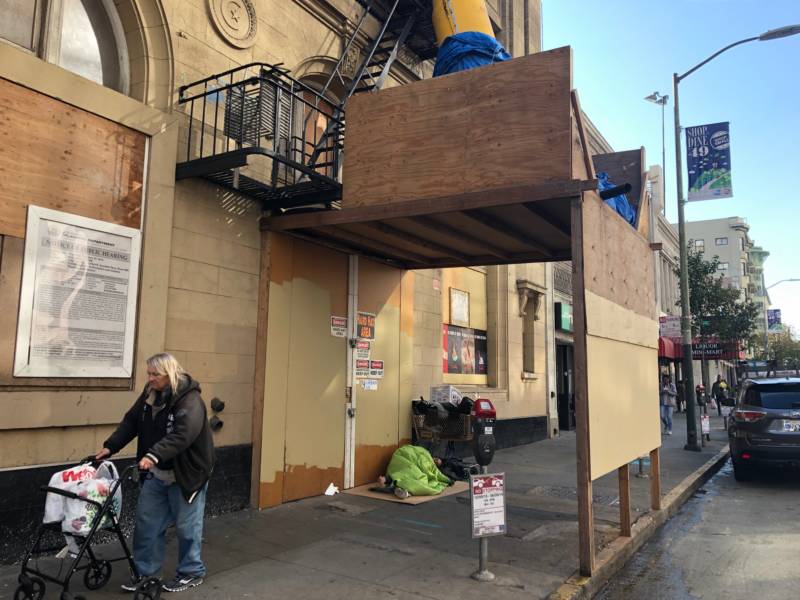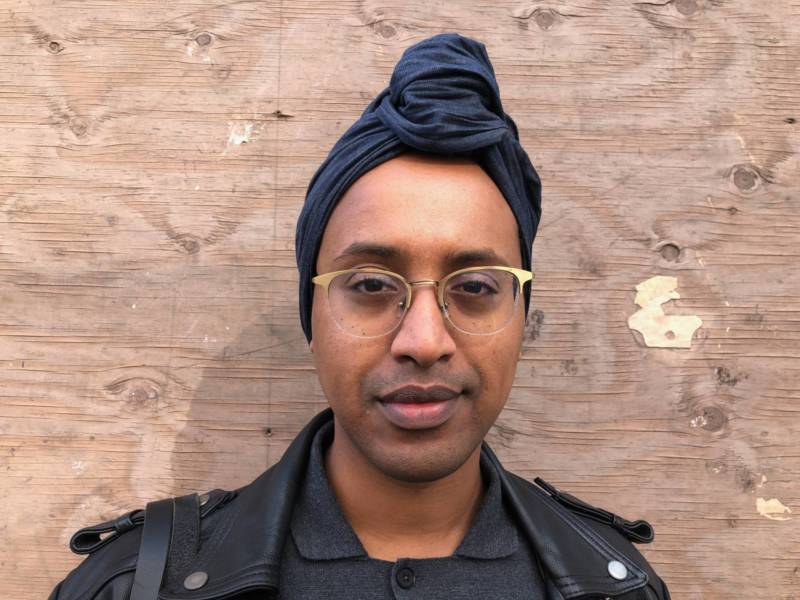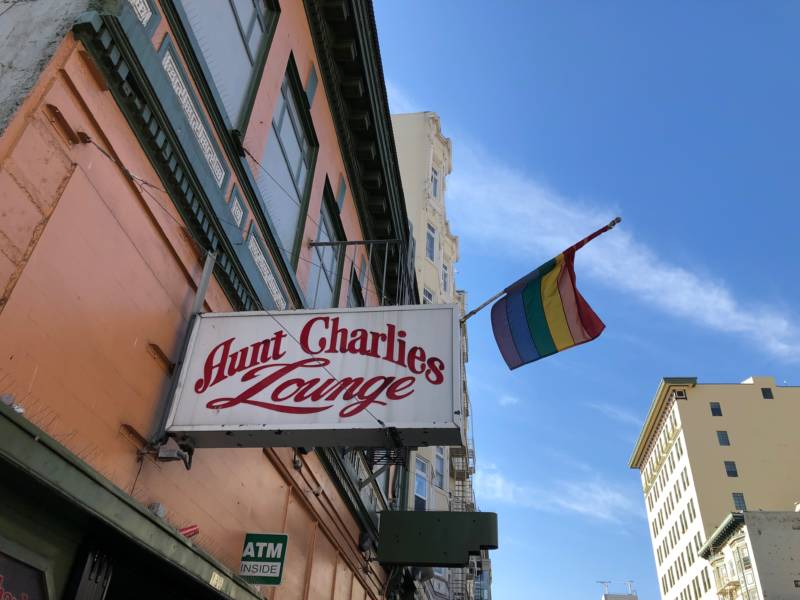San Francisco has long led the way on gay rights. Among other things, it granted same-sex marriage licenses ahead of other U.S. cities in 2004, and, in 1982, hosted the inaugural gay games. In one of its more recent LGBTQ coups, the city is now distinguishing itself as the home of the country’s first official transgender cultural district.
The Compton’s Transgender Cultural District covers around four square blocks of San Francisco’s Tenderloin neighborhood, which has one of the densest populations of transgender people in the country. It’s one of six designated cultural districts in San Francisco, like the Japantown Cultural Heritage District and the Bayview African American Arts and Cultural District.
The city recently pledged several million dollars in annual funding to spur economic and cultural development in these districts, with the aim of keeping residents and small businesses from being priced out.
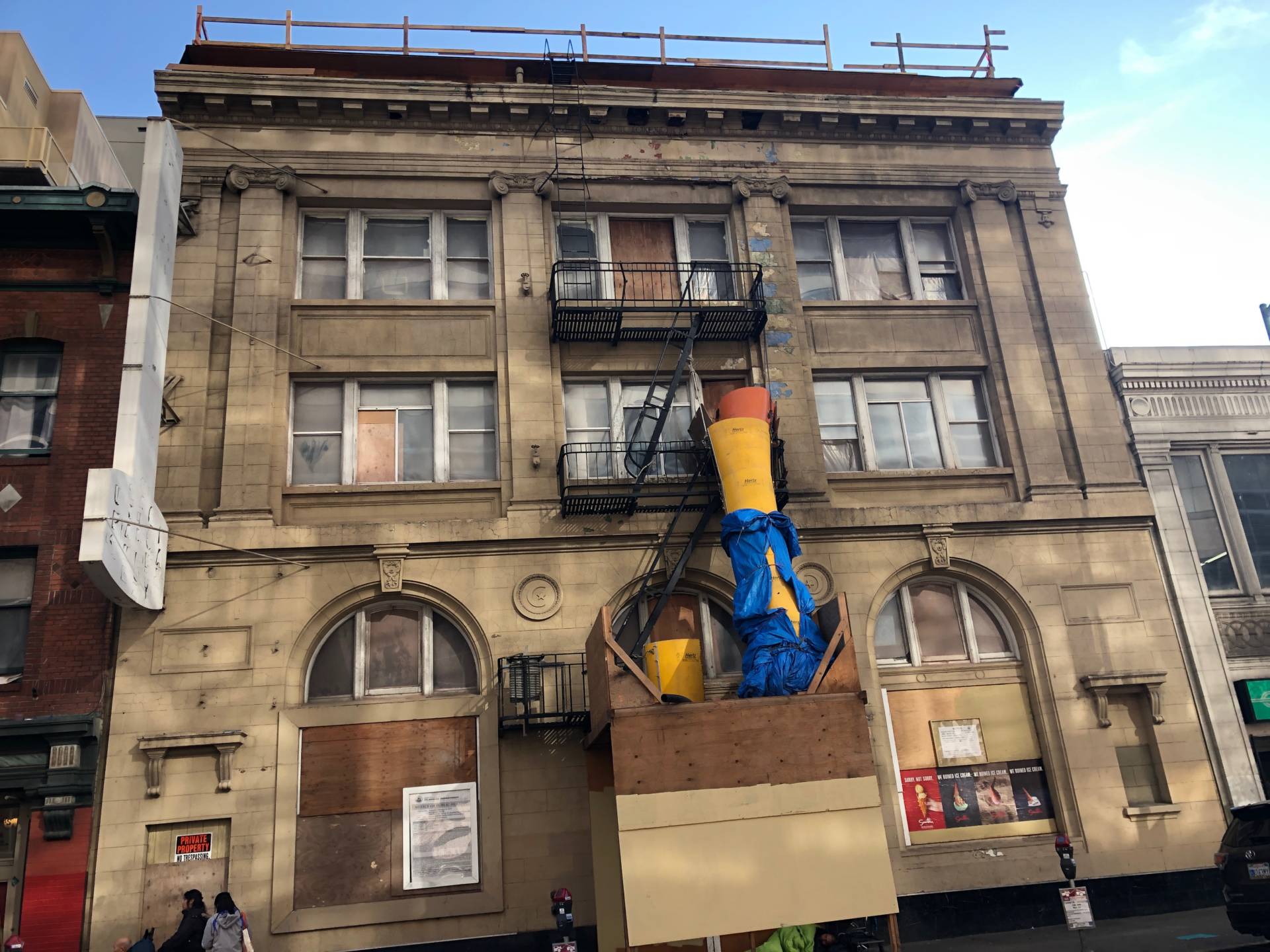
“With gentrification, we’re seeing the continued destruction of a lot of the old buildings,” said drag artist and Compton’s Transgender Cultural District co-founder, Honey Mahogany, as we chatted at Aunt Charlie’s, one of the few remaining gay drinking spots in a neighborhood once replete with gay bathhouses and bars. “And with the destruction of these buildings, we’re also losing the stories that go along with them.”
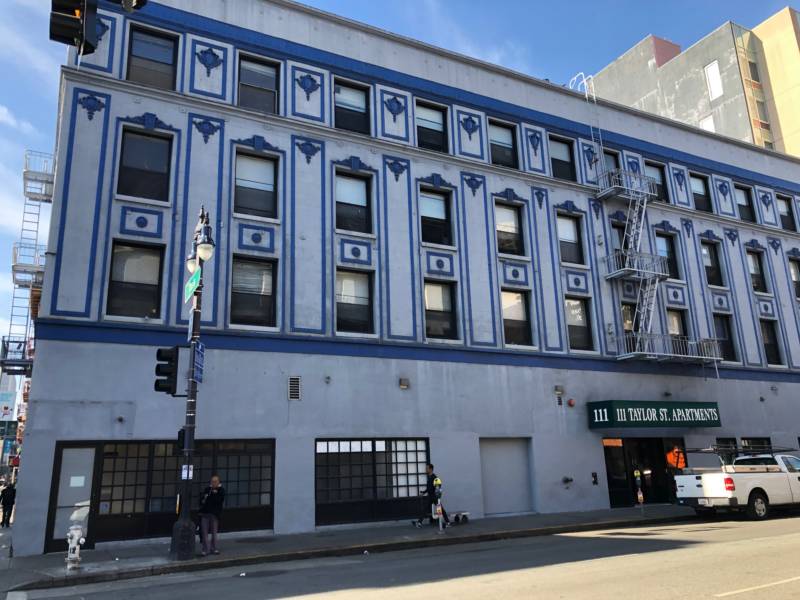
Stories like the one about how the Compton’s Transgender Cultural District got its name — from the trailblazing riots that took place at Compton’s Cafeteria, a popular transgender meeting place at the intersection of Turk and Taylor streets, in August 1966.
“There were these really strict public decency laws that effectively prevented people from cross-dressing, so if you were perceived as being a cross-dresser or wearing clothing that was incongruous with your perceived gender, you could be arrested,” Mahogany said. “Police would come into Compton’s and sometimes harass the patrons there. One day, a policeman came in and started harassing some of the women. They had had enough and decided to throw their coffee in the policeman’s face.”
The reaction started a riot that lasted several days, preceding the more well-known Stonewall Riots in New York City by three years.
“As far as we know, the Compton’s Cafeteria riot was one of the first recorded LGBTQ uprisings,” Mahogany said.
Today, the building serves as a halfway house for the formerly incarcerated.
Honoring the past is an important aspect of the district’s work. But Mahogany is also focused on the future.
The district’s most immediate plans include hosting community meetings to figure out how to allocate the new funding coming from the city’s hotel tax this year. Mahogany said the money will likely go to covering operational costs, such as the salaries of an executive director and development manager to run, and find further funding for, the district.
